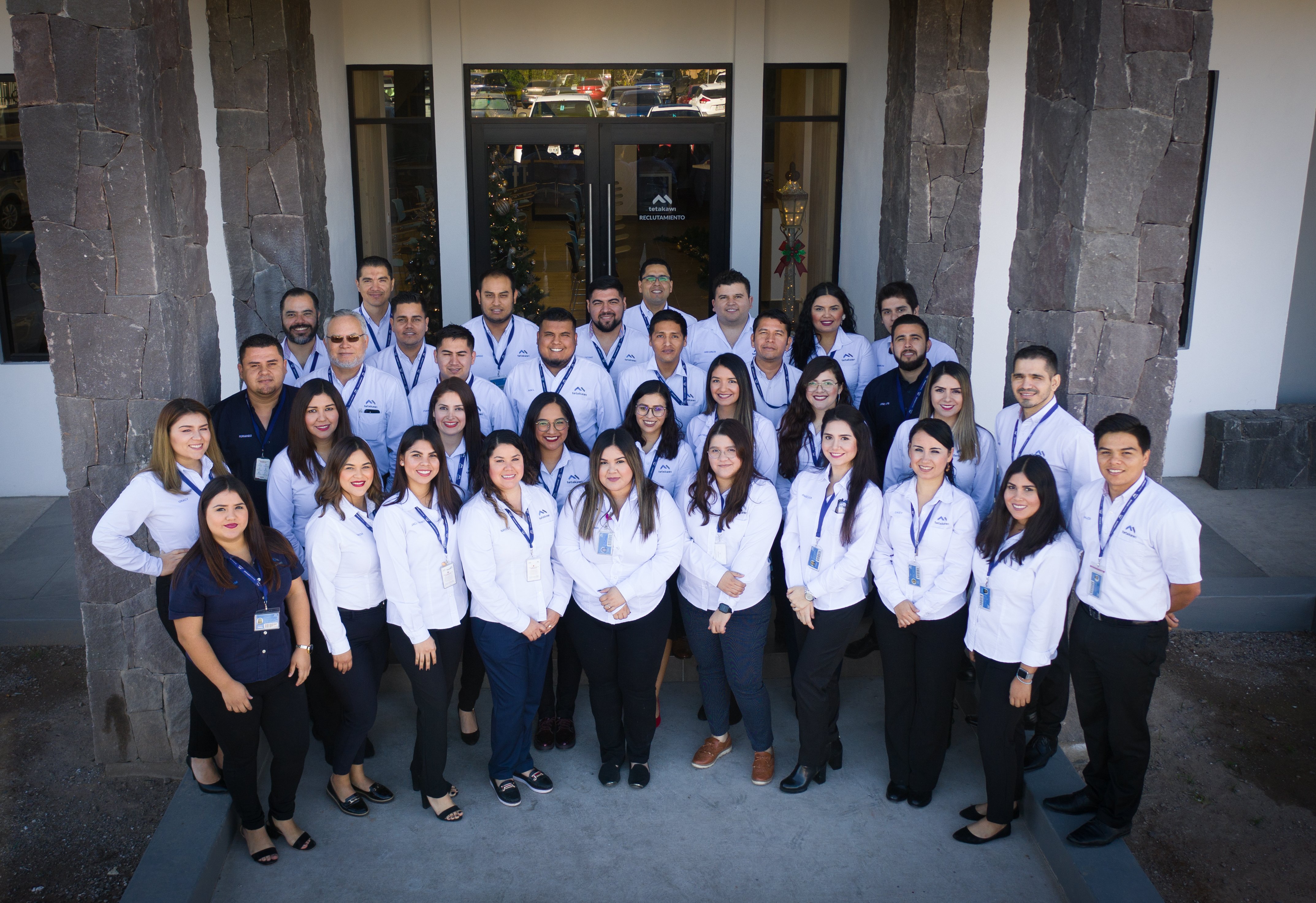Companies manufacturing in Mexico should remember to consider these five common customs challenges when importing and exporting to the country.
When manufacturing in Mexico, paying careful attention to five common customs, pitfalls can mean the difference between smooth sailing through Mexican customs and a steady stream of delays – and costs.
Understanding the customs process is one of the most important factors a company manufacturing in Mexico must consider. Managing imports and exports, the customs clearance from Mexico to the U.S and other countries., and coordinating shipment and transit can be especially stressful and time-consuming. Today’s trade environment is evolving rapidly, and companies can easily incur excess costs or legal repercussions as a result of non-compliance.
Many companies lack the resources needed to ensure that the goods they produce are correctly classified, let alone take advantage of every cost relief opportunity. In particular, companies new to manufacturing in the region often do not have direct knowledge of the customs experience in Mexico and can run into difficulty. When manufacturing in Mexico, it is especially important to pay careful attention to five common customs issues that can make or break a business.
Be sure to properly prepare for these five common customs challenges when manufacturing in Mexico: tariff classification, trade agreement claims, customs valuations, customs reconciliation, and audits.
Challenge #1: Properly Classifying Tariffs
Tariff classification drives duty rates, as well as eligibility for special cost programs. Proper goods classification, along with providing supporting documentation, is, therefore, crucial – yet in many cases, correct classification of a good is not apparent. The classification of some products is subject to interpretation, and understanding how a customs official will handle your choice of tariff code will dictate what supporting information is needed.
Challenge #2: Understanding Mexico’s Free Trade Agreements
Mexico offers more Free Trade Agreements (FTAs) than any other country and is a trading partner with more than 50 countries. Though this robust export platform allows companies in Mexico to reduce barriers to trade, including tariffs and import quotas, it also requires vigilance for monitoring changes that alter customs and duty rules.
Given this reputation, it is easy to believe that the FTAs make doing business in Mexico duty-free. However, while many companies shipping merchandise to a manufacturing plant in Mexico may qualify for tariff-free status on those items, specific customs paperwork requirements must be met to ensure businesses are aligned with FTA policies.
When working under FTAs, manufacturers must be able to substantiate that their goods qualify. Some companies, to save money, have reduced or cut resources, expertise, or knowledge that once ensured compliance with NAFTA and other free trade agreement requirements.
Challenge #3: Correctly Stating Merchandise Value
A common pitfall of new companies manufacturing in Mexico is goods valuation. For companies importing to the U.S., the value of the merchandise being shipped between the two countries must be stated correctly, or customs valuations issues arise. Reconciling estimated values and determining value adjustments associated with imported goods is particularly important. In general, new companies often find this area challenging to understand.
Challenge #4: Accurately Reconciling Customs Information
Companies inexperienced with manufacturing in Mexico sometimes find themselves on shaky ground with customs reconciliation. Customs officials and border agents may dispute an interpretation or misapply a rule; unintentional errors made by the importer or exporter can also occur. In these cases, errant information relating to the classification, valuation, and FTA claims must be corrected, which can often result in significant time delays and cost spikes.
Challenge #5: Undergoing Audits Due to Frequent Errors
If problems with tariff classification, trade agreement claims, customs valuation, and customs reconciliation regularly occur, audits are often the resulting action. In addition to fines and penalties, the officials managing the customs process will sometimes begin to look at shipments more critically, which can cause significant supply chain slowdown. When manufacturing in Mexico, time is money, and even minor delays to the customs process can cause significant disruptions that dramatically impact costs.
How to overcome customs challenges in Mexico
Working with a trusted advisor can make the customs process much more comfortable, and help you avert or altogether avoid many of these pitfalls. At Tetakawi, we offer a Customs Analysis Service that begins with a classifications review and includes recommended improvements to your existing import strategies. If your company is not currently importing to or exporting from Mexico, but you are planning to address these challenges in advance, we can help you outline a plan of action. Additionally, we offer comprehensive import and export services for companies that want to leverage our customs expertise, infrastructure, and systems. If you’re ready to make the customs process accurate and cost-effective, contact a Tetakawi expert to get your questions answered.
Subscribe
Sign up and stay informed with tips, updates, and best practices for manufacturing in Mexico.





